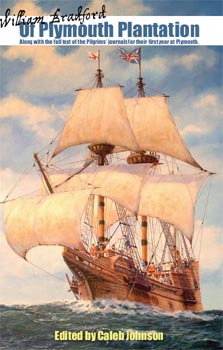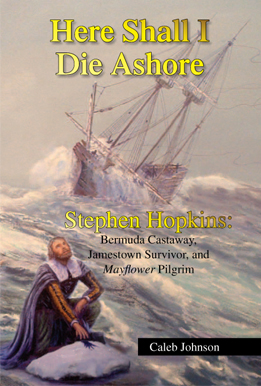The Merchant Adventurers
Silver King James shillings, dated 1603. This is the type of money the investors in the Plymouth joint-stock company were hoping to earn! A single share of Plymouth company stock would have cost 200 of these shillings. More likely they would have paid for shares using 10 gold Unite coins instead (below).
The Merchant Adventurers were the group of English investors whose capital funded the Pilgrims voyage on the Mayflower. The joint-stock company they invested in hoped to make a profit from the fur trade, from fishing, and from any other method they could invent. The number of investors was initially about fifty, but began to drop substantially as various internal disputes arose. From a letter written in 1626, we learn the names of the remaining Merchant Adventurers:
John White, Samuel Sharp, Thomas Hudson, John Pocock, Robert Holland, Thomas Andrews, Robert Kean, James Shirley, Thomas Ward, Edward Bass, Thomas Mott, Fria. Newbald, William Hobson, Thomas Fletcher, Thomas Heath, William Penington, Timothy Hatherley, Joseph Tilden, William Quarles, Thomas Brewer, William Penrin, Daniel Poynton, John Thorned, Eliza Knight, Richard Andrews, Myles Knowles, Thomas Coventry, Newman Rookes, William Collier, Robert Allden, Henry Browning, John Revell, Laurence Anthony, Richard Wright, Peter Gudburn, John Knight, John Ling, Emmanuel Altham, Matthew Thornhill, Thomas Goffe, John Beauchamp, Thomas Millsop
Only the names of a few investors prior to 1626 are known, from various letters and court documents: Robert Cushman, Joseph Pocock, William Thomas, Mr. Gibbs, Chistopher Coulson, William Greene, John Pierce, Edward Pickering, and William Pierce.
After much financial problems, the flailing company reorganized in 1628, with James Shirley, Richard Andrews, John Beauchamp, and Timothy Hatherley, and a group of leading Plymouth colonists, buying out the remaining shareholders.





